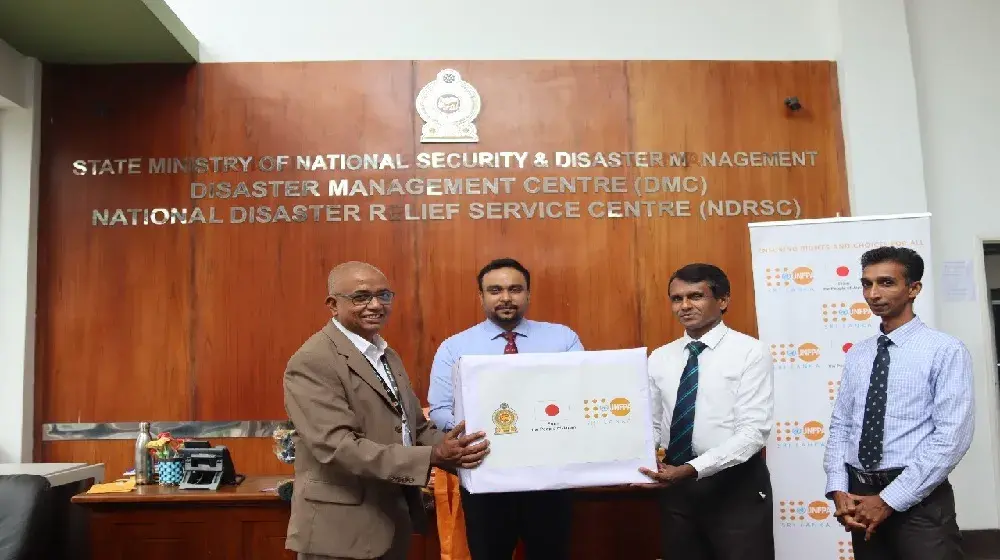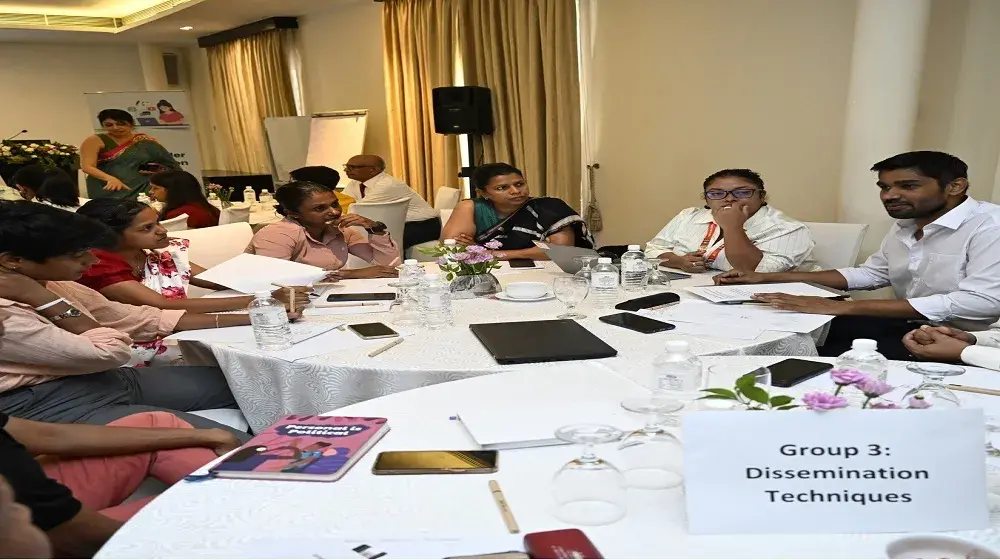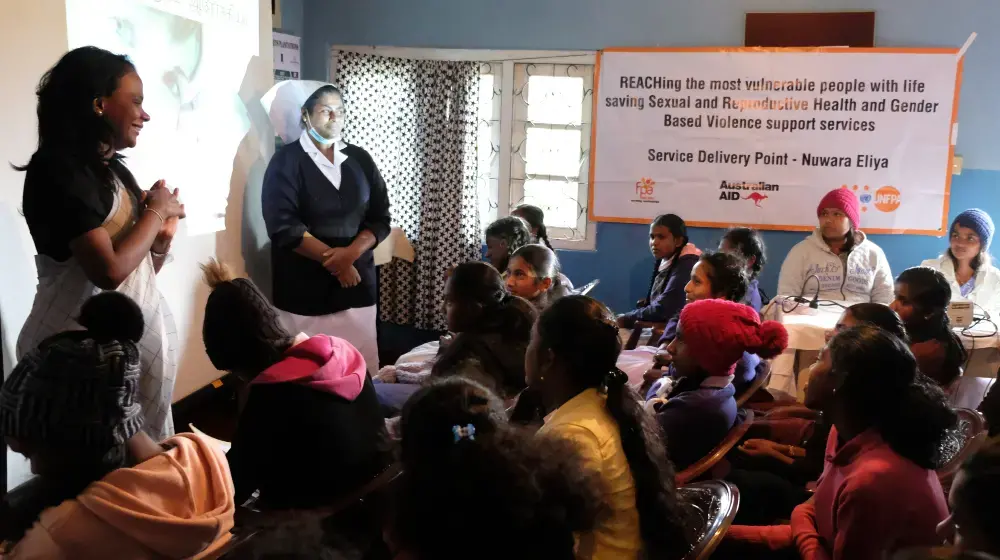Colombo, 23 September 2016: Compared to some if its South Asian counter parts, Sri Lanka’s HIV/AIDS prevalence rate (less than 0.1% for the general population) remains low. This can be attributed to the effective investments that have been made by the government of Sri Lanka over the years. However, there are still age group clusters, such as those between 15-24 years, where the prevalence of HIV/AIDS is slowly but steadily rising. This upward trend can only be curtailed with effective education and awareness for all the demographic groups.
The United Nations Population Fund (UNFPA) stands strong to support the government of Sri Lanka in its efforts to prevent and eliminate the prevalence of HIV/AIDS within the country. In the past year UNFPA has provided technical support and assistance to the National STD/AIDS Control Programme and the Ministry of Health, Nutrition, and Indigenous Medicine to develop the first ever Situation Assessment of Condom Programming in Sri Lanka, the National Condom Strategy of 2016 - 2020 and a Handbook on HIV & AIDS for Primary Health Care Workers.
A media seminar was held to disseminate the findings from the first ever situation assessment of Condom Programming and to launch the handbook on HIV/AIDS for Primary Health Care Workers in Sri Lanka. The handbook titled ‘Let us know about HIV & AIDS: Achieving triple zeros’, will serve as a great tool for health care workers and allow them to work towards achieving the targets set by the Sustainable Development Goals.
Speaking at the event UNFPA Country Representative for Sri Lanka and the Maldives, Mr. Alain Sibenaler, stated: “It is imperative that healthcare workers are continuously equipped with new knowledge and skills. It is imperative that healthcare workers act as role models in destigmatizing attitudes and behaviours. And, it is imperative that this handbook launched today, is widely used by all primary healthcare workers in Sri Lanka”.
The event was also graced by other dignitaries such as the Deputy Director of General Public Health, Dr. Sarath Ammunugama, and the Director General of Health Services, Ministry of Health, Dr. Palitha Maheepala
The seminar was attended by media officials, ministerial officials, health specialists, UN Agencies, and representatives from civil society organizations.




